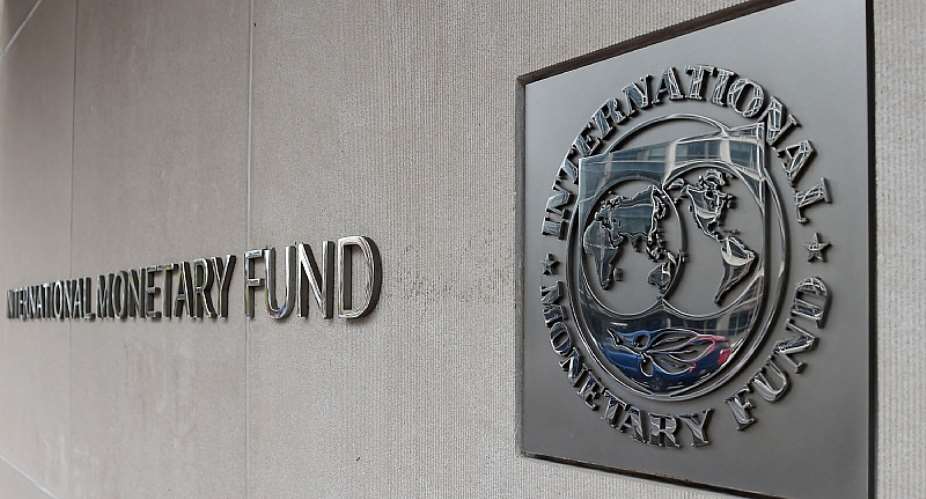The International Monetary Fund (IMF) has asked Ghana to follow through with the implementation of the US$3 billion loan support programme.
“It is important that Ghana sticks the course and see the programme being implemented over the next three years,” said Mr Abebe Aemro Selassie, African Department Director, IMF.
“What I can say is that going forward, it will be important that Ghana continues to implement the programme that they have developed as envisaged. That is critical,” Mr Selassie said.
He said this during a media briefing on Sub-Saharan Africa's economic outlook, and the Fund's engagement with various countries.
The Fund encouraged Ghanaian authorities, at the end of the first review Extended Credit Facility (ECF) arrangement last month to among others, improve tax administration.
The government has since announced the implementation of a 15 per cent Value Added Tax (VAT) on electricity consumption and a GHS100 annual emission levy for petrol and diesel car owners, with agitations from labour and trade unions.
Assessing the state of the implementation of the country's Post COVID-19 Programme for Economic Growth (PC-PEG), he said, “Ghana's programme is being implemented effectively.”
“We just went to the Board with the first programme review following, of course, the policies that the government has been putting in place to address the huge imbalances Ghana was facing through last year,” he stated.
The IMF African Department Director stated that such steps had led to official creditors signalling that they would provide debt relief, consistent with what Ghana needed.
“These programmes are designed to be implemented over three, four years. So, we look forward to continuing to support Ghana, consistent with programme implementation,” he said.
So far, Ghana has received US$1.2bn of the US$3bn from the IMF, having completed its first review of the programme, leading to the disbursement of a second tranche of US$600m to the country in January 2024.
The government has pledged that it would implement strong, and ambitious structural reforms in the areas of tax policy, public financial management, financial, energy and cocoa sectors to support fiscal consolidation and growth agenda.
GNA





 EC’s request to use Ghana Card as sole document for identification would’ve prev...
EC’s request to use Ghana Card as sole document for identification would’ve prev...
 Voter registration: Always check to avoid 2020 election results errors — Kwamena...
Voter registration: Always check to avoid 2020 election results errors — Kwamena...
 Voter registration: Ghana isn't safe; December polls might be 'each one for hims...
Voter registration: Ghana isn't safe; December polls might be 'each one for hims...
 Rapid decline of our country, its democratic institutions worrying, distressing ...
Rapid decline of our country, its democratic institutions worrying, distressing ...
 Religious tolerance: My brothers and sisters are Christians, I cannot say that I...
Religious tolerance: My brothers and sisters are Christians, I cannot say that I...
 CSOs consider civil action against gov't over alleged destruction of protected f...
CSOs consider civil action against gov't over alleged destruction of protected f...
 Domelevo, Kpebu, Gyampo and 83 others petition parliament to probe EOCO’s conduc...
Domelevo, Kpebu, Gyampo and 83 others petition parliament to probe EOCO’s conduc...
 “Take precaution, don’t be in a hurry to go and die” — Author advise drivers, pe...
“Take precaution, don’t be in a hurry to go and die” — Author advise drivers, pe...
 Electoral Commission has been reduced to 'Error Commission' in simple arithmetic...
Electoral Commission has been reduced to 'Error Commission' in simple arithmetic...
 Banking clean-up helped prevent collapse of financial sector – Bawumia
Banking clean-up helped prevent collapse of financial sector – Bawumia
